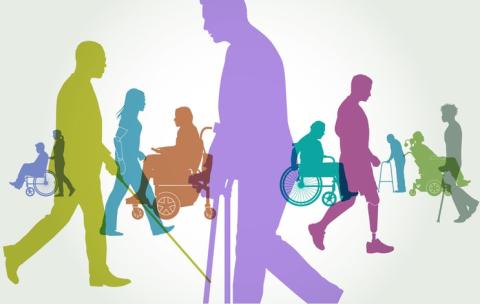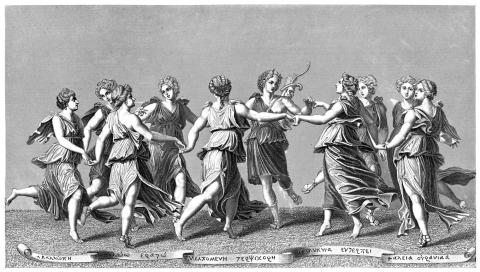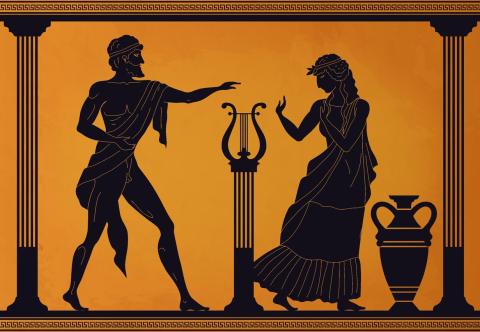Misused Words Quiz
"Shakespeare makes a number of biblical illusions/allusions in his plays." Which is correct?
- Allusion is a noun that means an indirect reference: "The speech made allusions to the final report." Illusion is a noun that means a misconception: "The policy is designed to give an illusion of reform."
"Taking that route will mean less/fewer miles on the road." Which is correct?
- Few is an adjective that means small in number. It is used with countable objects: "This department has few employees." Less is an adjective that means small in amount or degree. It is used with objects of indivisible mass: "Which jar holds less water?"
"We won't be able to suggest a solution until we are farther/further along in our evaluation of the problem." Which is correct?
- Farther is an adjective and adverb that means to or at a more distant point: "We drove 50 miles today; tomorrow, we will travel 100 miles farther." Further is an adjective and adverb that means to or at a greater extent or degree: "We won't be able to suggest a solution until we are further along in our evaluation of the problem." It can also mean in addition or moreover: �They stated further that they would not change the policy.�
"Stand here beside/besides me." Which is correct?
- Beside is a preposition that means next to: "Stand here beside me." Besides is an adverb that means also: "Besides, I need to tell you about the new products my company offers."
"His loud humming was affecting/effecting my ability to concentrate." Which is correct?
- Effect is usually a noun that means a result or the power to produce a result: "The sound of the falling rain had a calming effect, nearly putting me to sleep." Affect is usually a verb that means to have an influence on: "His loud humming was affecting my ability to concentrate." Note that effect can also be a verb meaning to bring about or execute: "The speaker's somber tone effected a dampening in the general mood of the audience."
"You can choose a large bookcase or, alternately/alternatively, you can buy two small ones." Which is correct?
- Alternately is an adverb that means in turn; one after the other: "We alternately spun the wheel in the game." Alternatively is an adverb that means on the other hand; one or the other: "You can choose a large bookcase or, alternatively, you can buy two small ones."
"The family members were finally all together/altogether for holiday celebrations." Which is correct?
- All together is applied to people or things that are being treated as a group. "We put the pots and pans all together on the shelf." All together is the form that must be used if the sentence can be reworded so that all and together are separated by other words: "We put all the pots and pans together on the shelf." Altogether is used to mean entirely: "I am altogether pleased to be receiving this award."
"They seemed disinterested/uninterested in our offer." Which is correct?
- Disinterested is an adjective that means unbiased or impartial: "We appealed to the disinterested mediator to facilitate the negotiations." Uninterested is an adjective that means not interested or indifferent: "They seemed uninterested in our offer."
"The red sweater is a perfect complement/compliment to the outfit." Which is correct?
- Complement is a noun or verb that means something that completes or makes up a whole: "The red sweater is a perfect complement to the outfit." Compliment is a noun or verb that means an expression of praise or admiration: "I received compliments about my new outfit."
"Each company in the conglomerate operates as a discreet/discrete entity."
- Discreet is an adjective that means prudent, circumspect, or modest: "Her discreet handling of the touchy situation put him at ease." Discrete is an adjective that means separate or individually distinct: "Each company in the conglomerate operates as a discrete entity."






